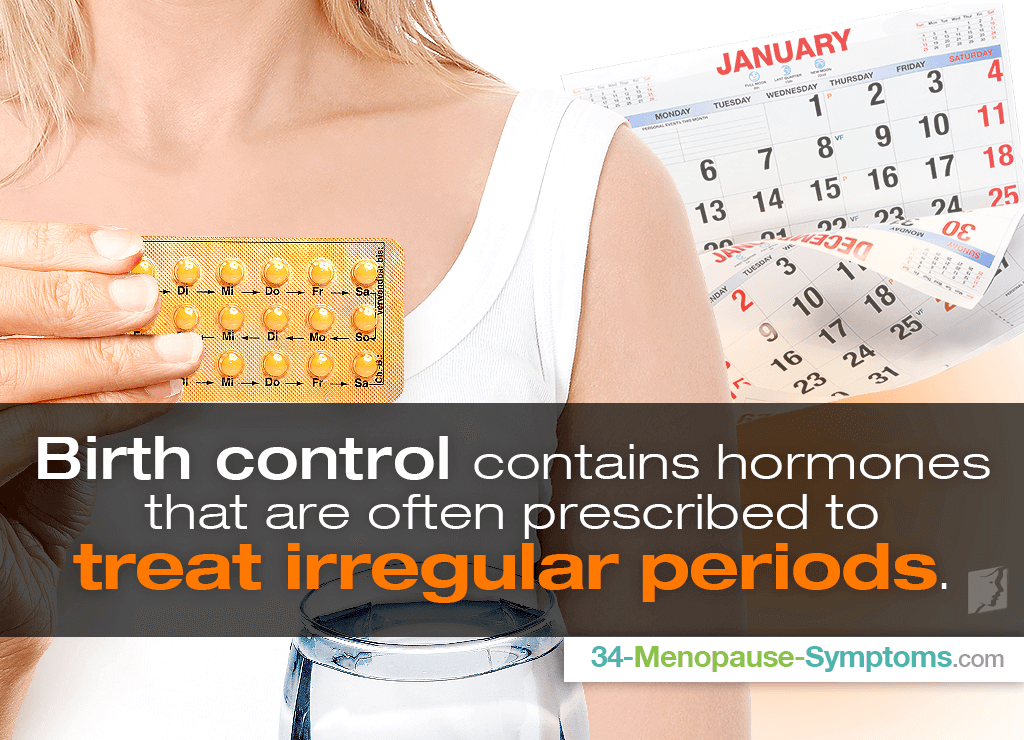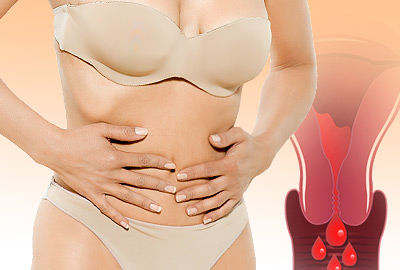Not many women may know that irregular periods while on the pill and after stopping birth control are common occurrences for women of all ages as the body adjusts to the new treatment regimen.
Continue reading below to learn more about birth control and irregular periods so you have better knowledge about your reproductive health.
What Are Irregular Periods?
Irregular periods are defined as any pattern of menstrual cycle that deviates from a woman's normality, including periods that are lighter, heavier, longer, missed, or painful.
A healthy menstrual cycle lasts from 21 to 35 days with 28 days being accepted as the average, but no two women's menstrual cycles are alike.
Irregular periods are one of the first menopause symptoms women experience as they enter middle age. Although, they can affect women of any age due to other causes.
The Relationship Between Birth Control and Irregular Periods
Throughout women's reproductive lives, birth control pills are primarily taken to prevent pregnancy because most of them work to stop ovulation. However, they are also prescribed for irregular periods caused by endometriosis, polycystic ovary syndrome (PCOS), and further endocrine disorders that cause heavy menstrual periods, cramps, and acne, among other symptoms.
Then, during the menopausal transition, birth control pills can be seen as beneficial as they can regulate two major hormones - progesterone and estrogen - and, subsequently, relieve many menopausal symptoms, including mood swings, hot flashes, and irregular periods.
Once women in their reproductive years stop taking the pill, it may take a few menstrual cycles for their bodies to adjust to the withdrawal of artificial hormones and return to its original menstrual pattern.
As such, irregular periods while on the pill or after coming off the pill can occur.
Are There Other Reasons Why I Have Irregular Periods?
Generally, an occasional irregular period isn't cause for concern throughout women's reproductive stages, as there are a number of causes of irregular periods that don't signify major health disorders. These include:
- Stress
- Diet
- Weight loss or gain
- Drug use
- Caffeine and alcohol
However, if you didn't previously suffer from irregular periods and recently changed birth control regimens, then it is likely that the pill has affected your menstrual cycle.
Recommendation
While it is true that most traditional doctors may prescribe birth control pills to normalize irregular cycles, you should consider starting with natural treatments first - which do not have harmful side effects - and only resort to birth control pills if your symptoms persist.
Click on the following link to find out more about safe and effective irregular periods treatments to have a healthy cycle today.
Sources
- Center for Young Women's Health. (2016). Birth Control Pills: A Guide for Parents. Retrieved January 21, 2019, from https://youngwomenshealth.org/parents/birth-control-pills-parent/
- Planned Parenthood. (2010). My periods are irregular. Will birth control pills help? Retrieved January 21, 2019, from https://www.plannedparenthood.org/learn/teens/ask-experts/my-periods-are-irregular-will-birth-control-pills-help



